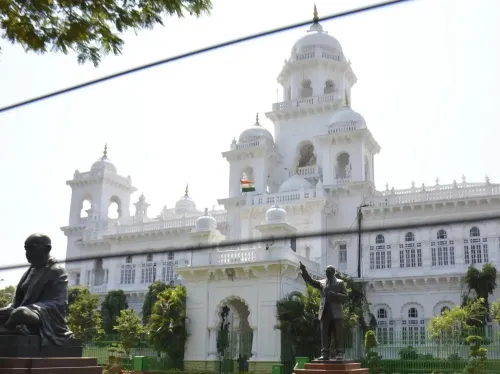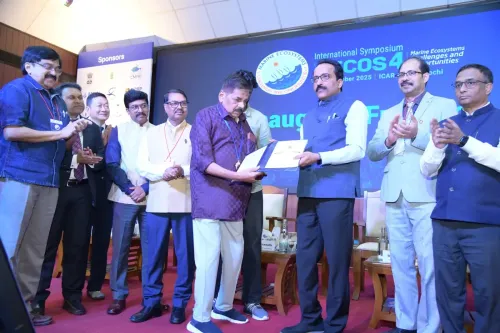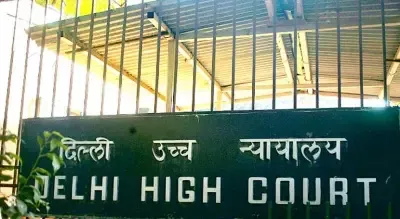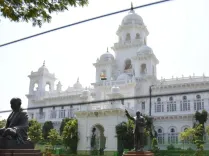Will Chennai Crack Down on Illegal Sewage Discharges into Storm Drains?
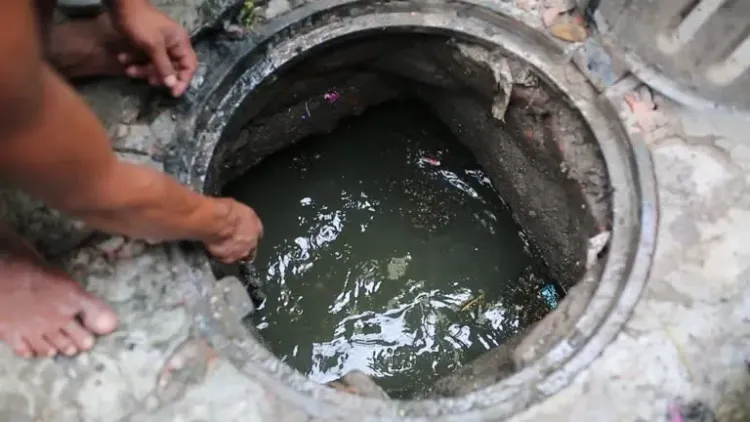
Synopsis
Key Takeaways
- The GCC is addressing illegal sewage discharges with fines and disconnections.
- Public health risks are rising due to increased illegal connections.
- Residents advocate for better drainage infrastructure.
- Monitoring of dumping hotspots is ongoing.
- Community involvement is crucial for sustainable solutions.
Chennai, May 28 (NationPress) The Greater Chennai Corporation (GCC) is preparing to take strict measures against households and commercial properties that are unlawfully discharging sewage into the city’s stormwater drains (SWDs). This illegal practice has markedly escalated in recent years.
As per officials, the count of unlawful sewage connections has risen from 1.3 lakh in 2023 to 2.1 lakh in 2025, presenting serious threats to public health and resulting in frequent blockages during the monsoon.
Deputy Mayor M. Mahesh Kumar declared that the civic body will start issuing notices to offenders, providing them a week to sever these illegal connections.
“If the connection is not removed within the specified timeframe, it will be severed by the corporation, and a penalty of Rs 5,000 will be levied. Larger structures and commercial entities will incur steeper fines,” he stated.
Mahesh Kumar also urged residents to avoid polluting storm drains, highlighting that untreated sewage clogs the drainage system and leads to health risks. As part of its intensified measures, the GCC has commenced identifying and eliminating such illegal connections across different city zones.
In 2024 alone, the corporation disconnected 1,833 illegal sewage outlets and collected Rs 5.98 lakh in fines from offenders. Teynampet (Zone 9) reported the highest number of violations with 336 illegal connections, resulting in fines amounting to Rs 55,000. Tondiarpet followed with 195 cases, while Kodambakkam (Zone 10) reported 193 illegal connections.
However, residents have pointed out that enforcement alone is not a sustainable solution. They emphasized the necessity for expanding underground drainage infrastructure, especially in areas that still lack sewer lines.
“In our locality, there’s no underground drainage system. Most residents depend on tanker lorries for sewage disposal. Yet, some individuals unlawfully drain it into storm drains or dump it into the Cooum river, resulting in overflow and health hazards during rains,” said Kumarasamy, a resident of Chetpet.
“The corporation must take strict action against violators while enhancing infrastructure,” he added.
Concerns have also been raised regarding commercial establishments near Koyambedu market that operate without sewer connections.
Residents claim that these businesses often hire private tankers at night to dispose of sewage into water bodies and storm drains across the city.
GCC Commissioner J. Kumaragurubaran confirmed that officials are diligently monitoring known dumping hotspots. “A proposal to enforce action against illegal sewage connections will be discussed in the upcoming council meeting on Wednesday,” he stated.

